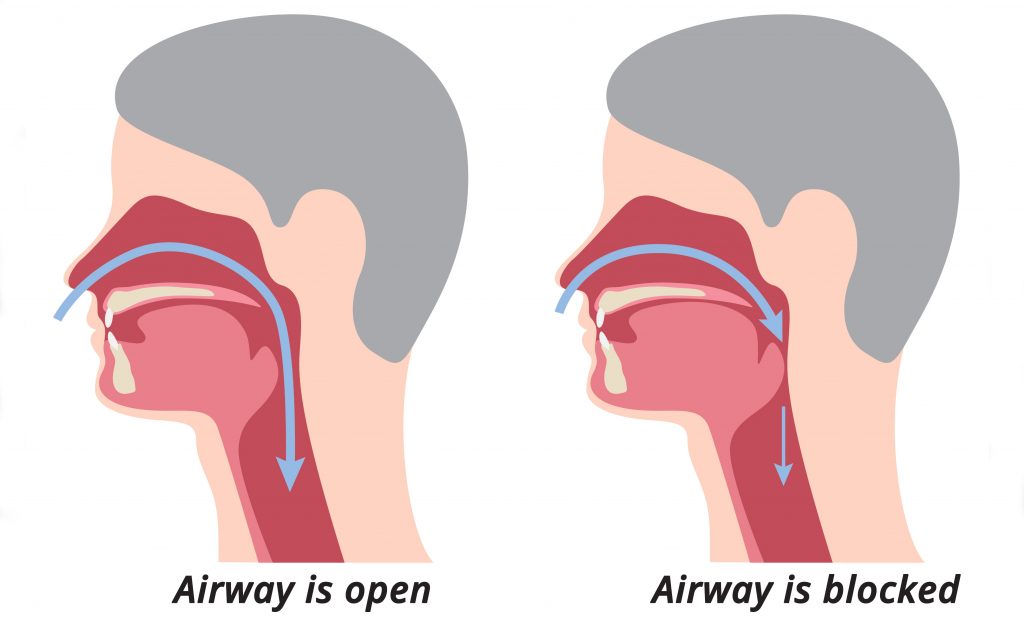
Sleep Studies
Sleep studies are available at the Keokuk County Hospital and Clinic’s Sleep Lab which is located adjacent to the hospital. If you have concerns regarding your quality of sleep or snoring or have a referral and would like to make an appointment, please contact Rebecca Klett at the Keokuk County Medical Clinic at (641) 622-1170.
You will need a provider’s referral to participate in a sleep study. If you are in need of a referral and would like to be assessed for a sleep study by one of our providers, please call the Keokuk County Medical Clinic at (641) 622-1170 to make an appointment.
The Dilemma
Even with earplugs, I can’t stand my partner’s snoring. I spend half the night jabbing them with my elbow so they’ll roll over. Sometimes I think they even stop breathing for a little while. I’ve asked them to see a doctor, but they don’t believe they have a problem. Can you help me?
The Solution
Some people stay awake almost all night because of their partner’s loud snoring and pauses in breathing. Because they are asleep, people who snore don’t believe they have a problem. Many patients come to us at the urging of their partner. It is important to seek out medical attention as snoring may be a sign of sleep apnea which is a serious medical condition.
Apnea means cessation of breathing. When a person has sleep apnea, the airway becomes blocked repeatedly during the night causing them to temporarily stop breathing.
Excessive lack of sleep itself is dangerous as accidents often occur when people with untreated apnea doze off while driving or operating heavy equipment. Snoring and sleep apnea rarely go away on their own but they can be successfully treated.
Signs and Symptoms of Sleep Apnea (OSA)
- Loud Snoring
- The person may alternate between snoring very loudly and being very quiet. Periods of silence may be followed by gasps or snorting sounds.
- Observed Pauses in Breathing
- The sleeping partner may notice that the sufferer has temporarily stopped breathing.
- Excessive Sleepiness
- They may fall asleep while watching TV, reading, attending meetings or driving. The person may wake up tired even after a full night’s sleep.
- Trouble Concentrating or Forgetfulness
- This can impact relationships at home as well as performance at work.
Sleep apnea is associated with health problems such as the following:
- High blood pressure
- Heartbeat irregularities
- Heart attack or stroke
Other symptoms may include:
- Morning headaches
- Awakening frequently during the night
- Frequently needing to urinate at night
- Restlessness at night
- Irritability and/or short temper
- Lack of Energy
- Depression and/or mood changes
- Dry Mouth
Causes of Sleep Apnea and Snoring
Simply put, a snore is the sound of an obstructed airway. Obstructive sleep apnea is defined when the sufferer’s airway has enough obstruction to cause pauses in breathing. These pauses in breathing can cause blood oxygen levels to drop, sleep to be interrupted, changes in heart rate and other physiological disturbances during sleep.

Other factors include:
- A smaller than normal jaw
- A large tongue
- Enlarged tonsils
- Tissues that partially block the entrance to the breathing passage
Sleep apnea often occurs in overweight people. Excess tissue in the throat affects the size of the breathing passage, thereby obstructing airflow.
Treatments for Sleep Apnea and Snoring
Physical and Mechanical Treatments
Continuous Positive Airway Pressure (CPAP): This treatment involves wearing a mask that supplies a steady stream of air through the nose during sleep. The mask helps prevent airway restriction or collapse and brings an end to the snoring, gasping and interrupted sleep.
Dental Appliances: Appliances are used to open your airways by bringing your lower jaw or tongue forward while you sleep.
Surgery: Surgical procedures are used to increase the size of your airway by removing tissue.
Oxygen: A narrow tube is ran from an oxygen source to your nose.
Losing weight, sleeping on your side and eliminating the use of alcohol and tobacco may help to improve your sleep.
